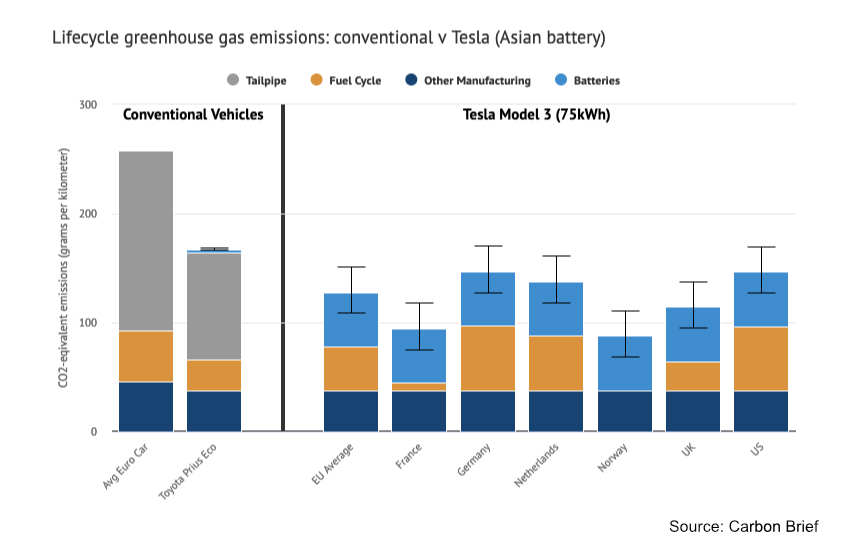This week, blockchain company Everledger announced the launch of a battery passport pilot in partnership with Ford. The battery passport will use technologies including auto ID, blockchain and artificial intelligence to support the responsible recycling of electric vehicle (EV) batteries.
Studies indicate that while no greenhouse gas emissions come directly from EVs, energy is still used to manufacture the vehicle, and in particular, the battery. Thus, the climate benefit of EVs will depend on the sustainable manufacturing and management of batteries.

Working together with US lithium-ion battery recyclers Cirba Solutions and Li-Cycle, Everledger and Ford will use the battery passport solution to track batteries in new and older EV models. Part of the pilot may have been funded through a phase 1 funding round awarded by the US Department of Energy to Everledger in 2020 for providing battery identities. This pilot will run for six months, and thereafter the battery passport will be released commercially.
By late 2022/early 2023, manufacturers will be required to report on their battery recycling practices as per the European Battery Regulation.
“The Everledger Platform and its battery passport functionality positions stakeholders along the supply chain to verify a battery’s material provenance, chemistry and identity; and measure its sustainability and environmental impact alongside creating a multi-billion-dollar global market for used batteries that maximizes the recovery of raw materials and accelerates the development of climate-friendly mobility,” said Leanne Kemp, Founder and CEO of Everledger.
“A fully connected and transparent battery passport, secured by blockchain technology, allows electric vehicle manufacturers and owners to not only track and report the lifetime journey of each battery, but increasingly where those critical minerals originated and how those mines stack up with the use of renewable energy, enabling brands like Ford to more easily report on climate action and Scope 3 emissions.”
Kemp continued, “The automotive industry is currently on the verge of electrical transition, and the responsible environmental performance of electric vehicles is of great concern. Ford once again has shown their global leadership by taking up the challenge to transform sustainably”.
Ford has previously used blockchain solutions for EV batteries. Earlier this year, Ford participated in the MOBI blockchain alliance to release the Battery State of Health standard, the consortium’s first standard relating to electric vehicle (EV) batteries.







